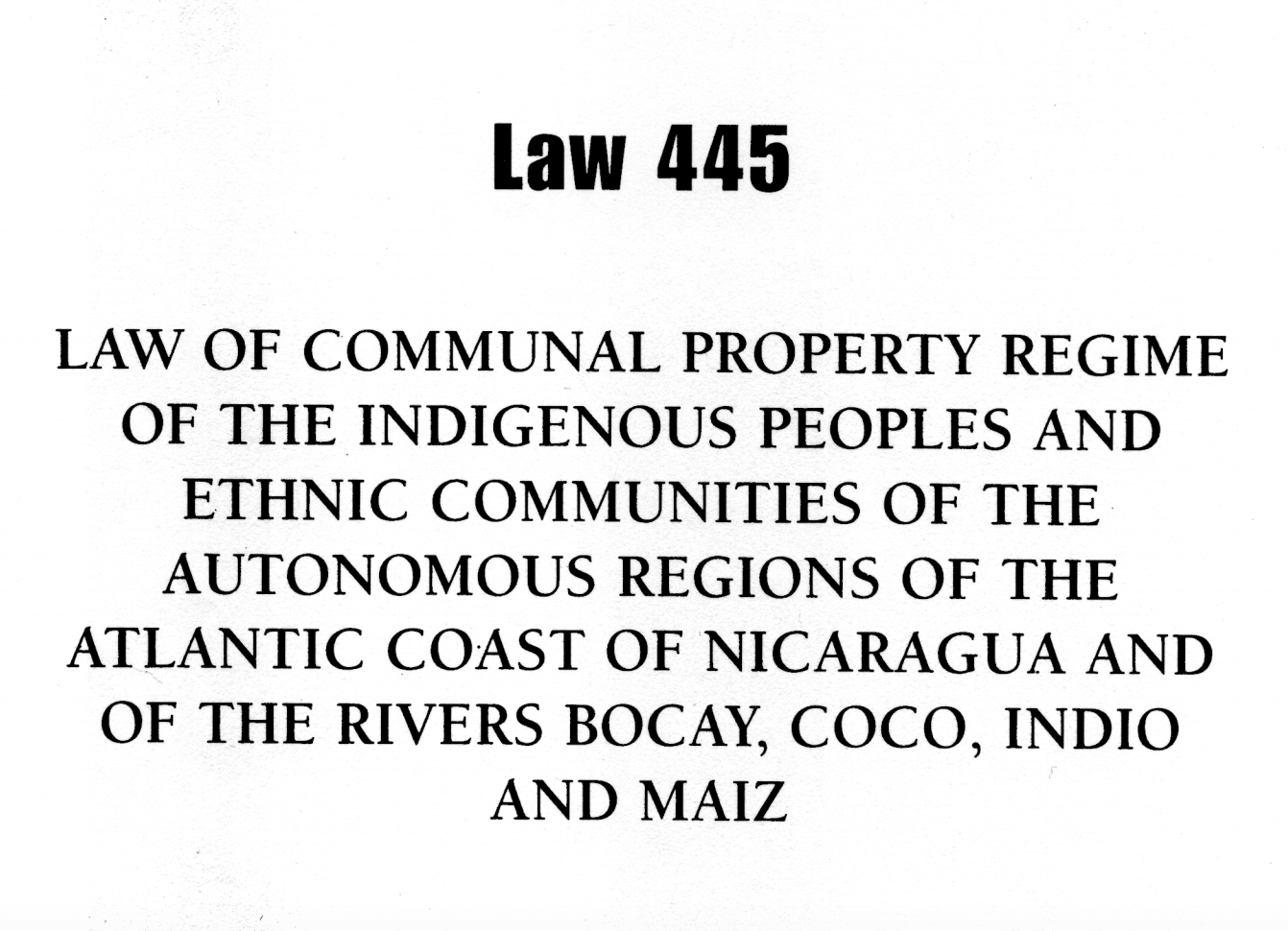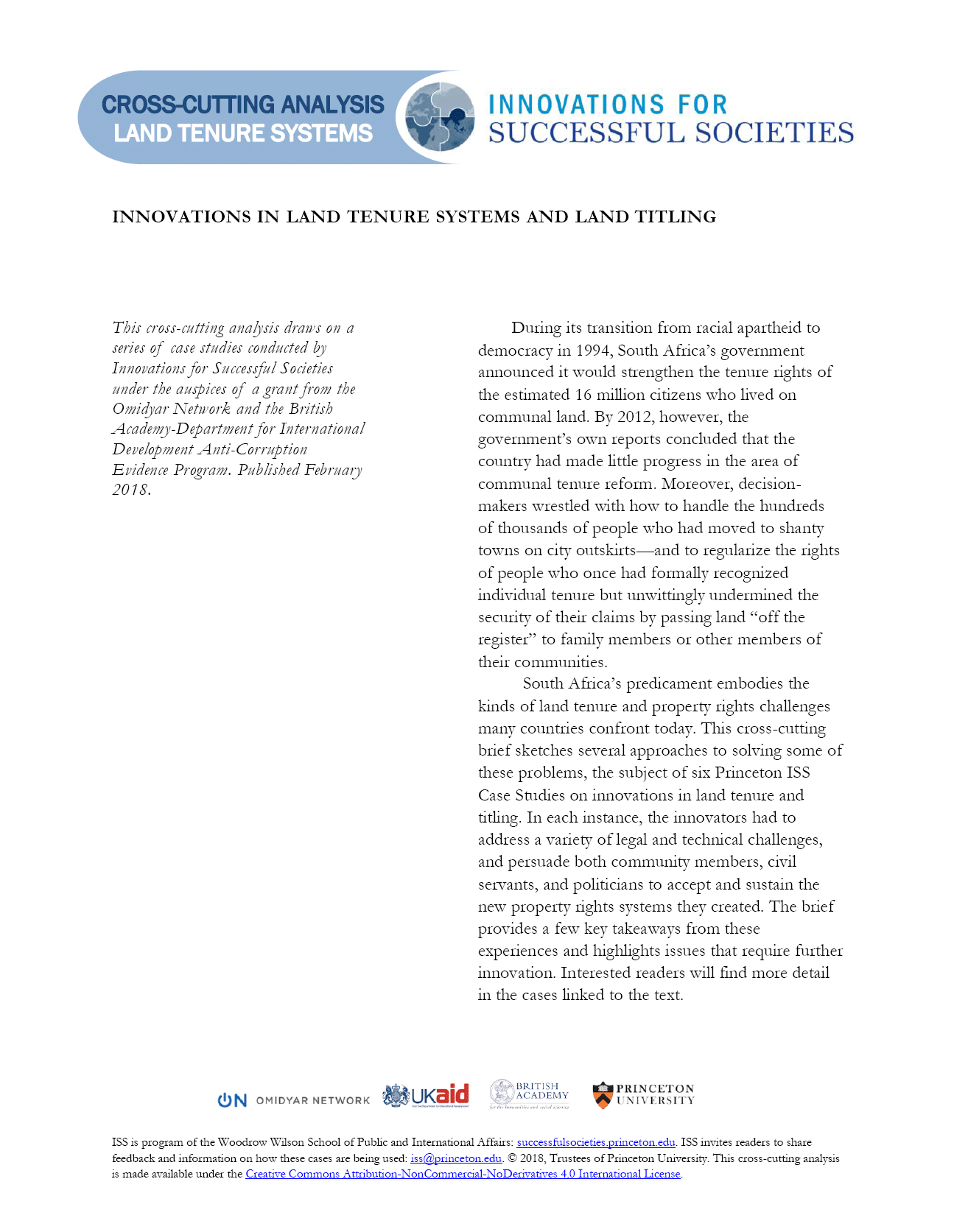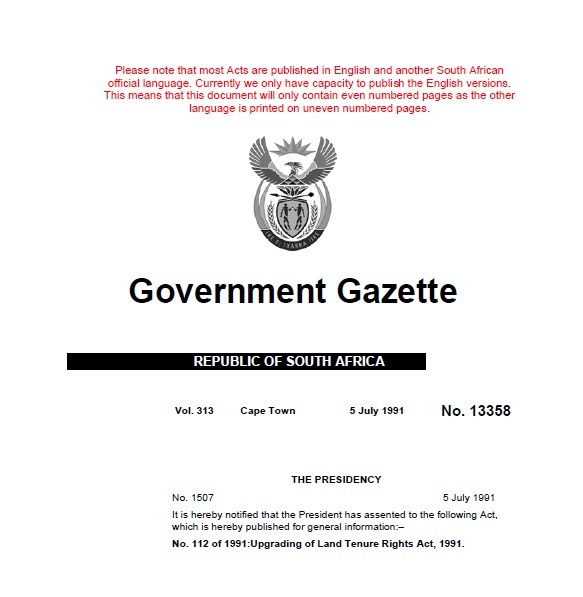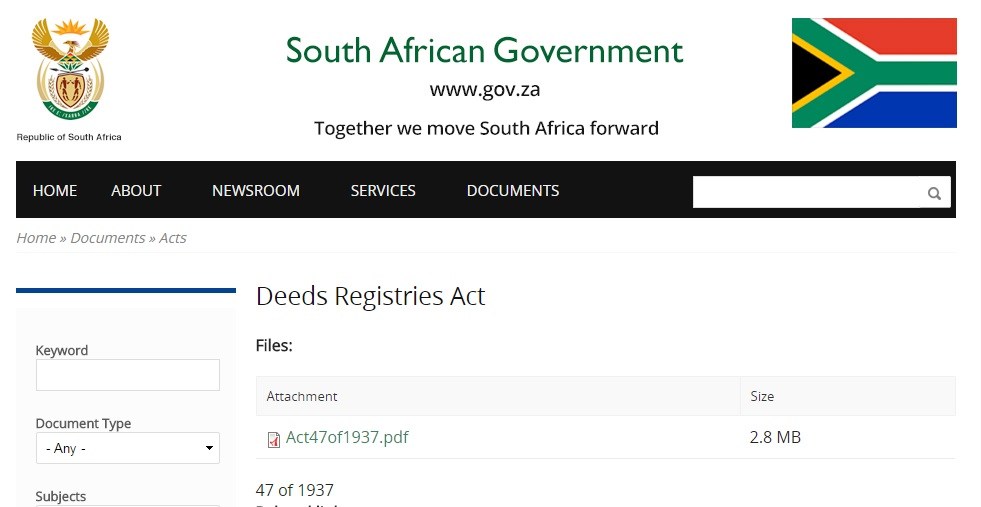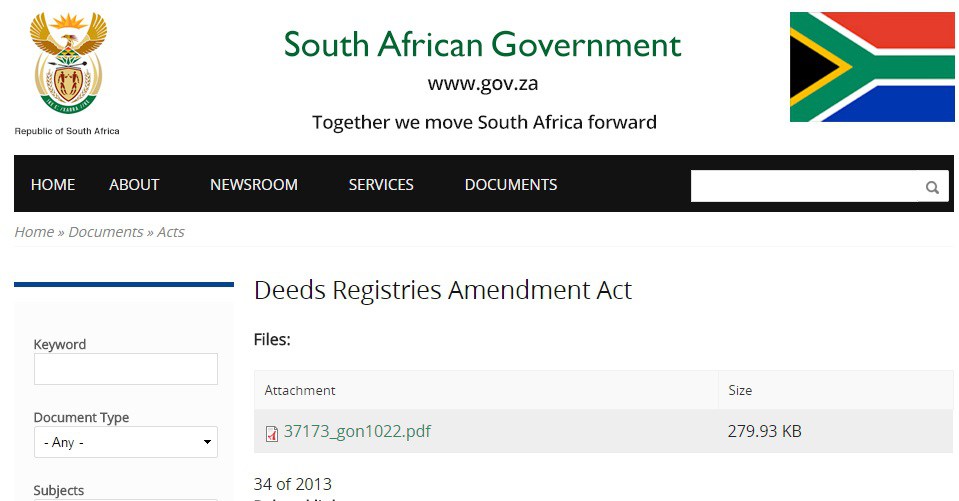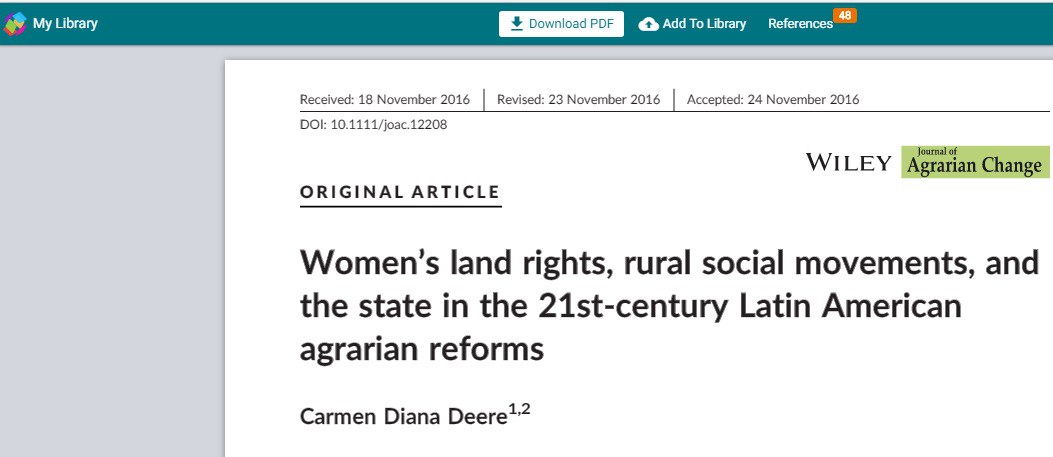Land Titling – A Road Map
With a view to give necessary impetuous to the exercise of titling, the Government of India in DoLR, Ministry of Rural Development formed expert comittee.
The committee shall suggest
(i) A Model for Land Titling
(ii) Its Road Map
(iii) Location for testing the Model
(iv) Administrative Setup required for the purpose
(v) Broad Legal Framework (including new laws and amendments in existing Acts etc.)



